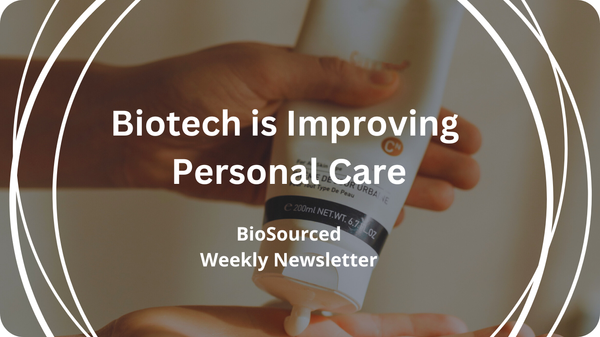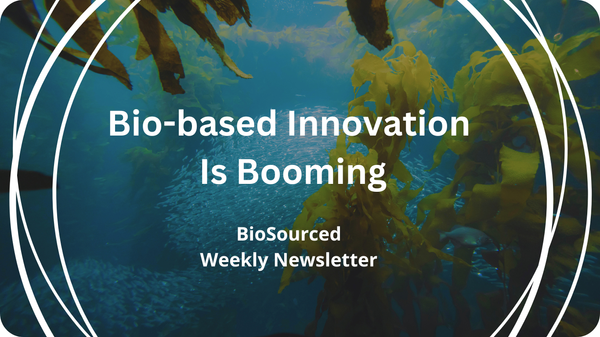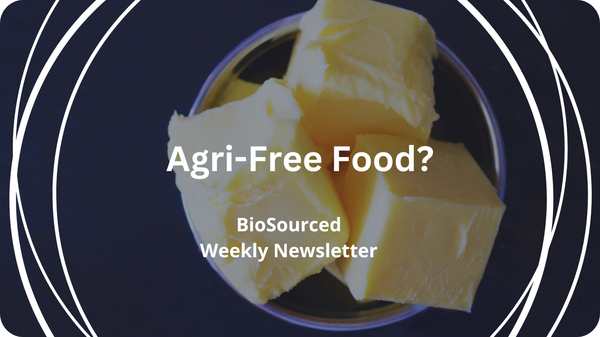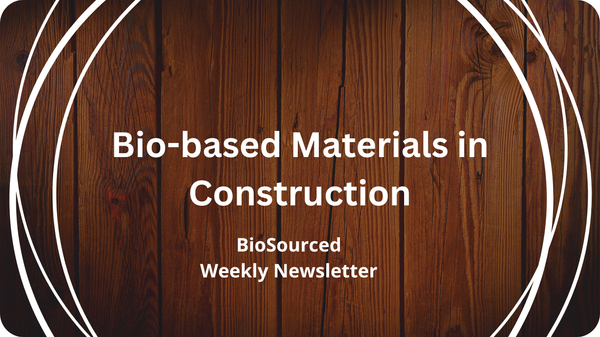Turning waste into value for a circular future
Plus: mycelium-based protein, upcycled plastic, urban waste transformation, and DOE funding opportunity
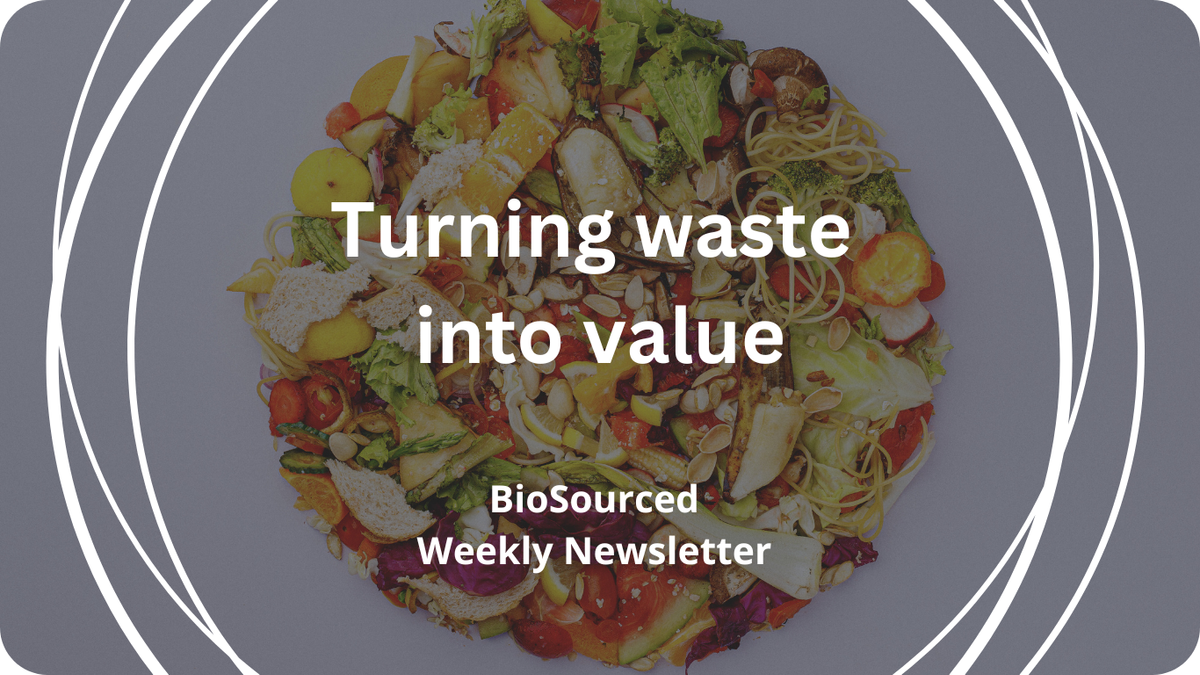
As the world rushes toward a sustainable future, innovators are proving that waste is not the end of the story—it’s just the beginning of something new.
Join us as we explore groundbreaking advancements in the circular economy, where discarded materials transform into valuable resources.
New Market Release
Could Japan’s food waste crisis soon become a thing of the past?
In 2017, Japan produced 6.12 million tons of food. That went down to just under five million tonnes in 2022 - a significant reduction but not enough to align with the UN's Sustainable Development Goals.
NoMy, a Norwegian startup creating mycelium-based products from upcycled food waste, sees this waste not as an endpoint but as an opportunity.
In its latest move, NoMy announces a strategic partnership with Nippon Beet Sugar Manufacturing, Japan’s leading sugar beet producer, to integrate upcycled ingredients into the food industry. It is also launching MycoPrime, an AI-driven upcycling service that helps agrifood businesses optimize waste streams.
Atomo’s Beanless coffee innovation hits London
Atomo Coffee, a Seattle-based startup reimagining coffee production by eliminating beans altogether, is making an exclusive debut at Hagen Espresso's concept bar in London.
Alongside other biotechs, the company upcycles food waste to create sustainable coffee alternatives that are better for the planet without compromising on flavor.
Business Innovations
Could Spanish biorefinery be the missing piece in the urban circular economy puzzle?
For years, cities have struggled with managing organic waste and sewage sludge. These materials, often viewed as pollutants, pile up in landfills and wastewater treatment plants. But in Spain, a state-of-the-art biorefinery is flipping the script.
Last October, the city of Zaragoza, Spain, celebrated the opening of the CBE JU-funded Circular Biocarbon, a biorefinery set to convert municipal organic waste and sewage sludge into high-value bio-based materials for a climate-neutral future.
Matriark’s sustainable surplus food solution
Picture this: A truckload of perfectly edible tomatoes and potatoes, deemed ‘imperfect’ for supermarket shelves, is on its way to a landfill. But what if, instead of being discarded, that surplus could be transformed into nourishing food?
That’s exactly what Matriark Foods is doing. By partnering with farmers, it takes surplus farm produce and turns it into affordable, shelf-stable products. Not only does its technology cut food waste, but it also saves on water consumption.
And the cherry on the icing? Matriark is marrying sustainability and social action by delivering meals to food banks.
More on upcycling food waste into value:
Also, could plastic waste be reverted into value?
- Sacme & Aliplast join forces to turn discarded plastic into bin bags
- Could polymer editing remedy 450 billion tonnes of discarded plastic every year?
Research Corner
Can we fertilize crops with our own waste?
A Nature Sustainability study explores how human and farm waste streams can become a viable source for fertilizers. They found that the existing human and livestock waste streams could generate significantly more nutrients than are currently applied in global agriculture.
Repurposing this kind of waste at scale could significantly ease food insecurity while cutting emissions.
It's about turning potential value into actionable resources:
“We need to close the loop from poorly utilized nutrients, wherever they come from.”
Funding Opportunity
DOE Announces $23M Funding for Biomass and Waste-Based R&D
Are you working on a project that turns waste or biomass into valuable resources?
The U.S. Department of Energy is offering up to $23 million in funding for innovative research in biomass and waste-based chemical and fuel solutions.
With sustainability-focused investment on the rise, this grant could be the boost that takes your bio-based innovation from concept to commercialization.
Deadline: March 14
Will your project be the next breakthrough in circular economy solutions?
The bio-based revolution is gaining momentum, and these stories prove that sustainable change isn’t just possible—it’s already happening.
If you found this newsletter insightful, share it with industry leaders, innovators, and sustainability advocates - and follow us on LinkedIn.
💡 Showcase Your Innovation! Have a groundbreaking bio-based project? Get featured in our next edition and join the movement toward a circular economy.


